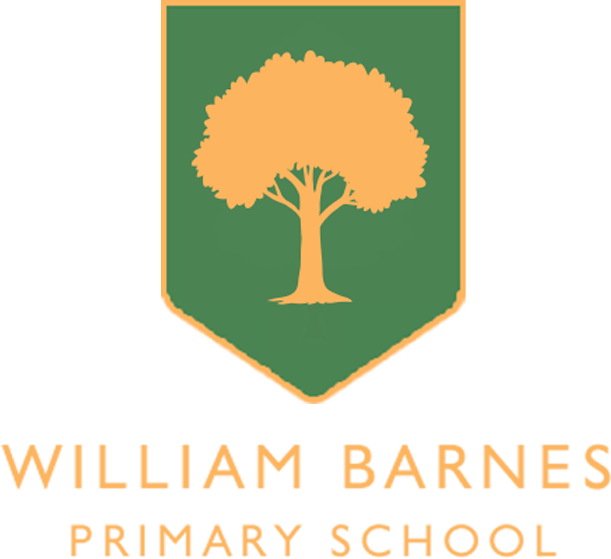Latest Strep A Scarlet Fever advice for education settings from Public Health Dorset
You may have seen reports in the national media about a rise in cases of scarlet fever and Strep A. Though national figures are higher than expected, there are processes in place in Dorset to help reduce the spread should cases appear in your setting.
Scarlet fever is caused by a bacteria called group A streptococci, or “group A strep”. It is very contagious for people who are in close contact with one another through infected droplets in coughs, sneezes, mucus and saliva. Typically, it causes a mild illness for most people however treatment with antibiotics is important to avoid complications.
Some symptoms of scarlet fever include:
- sore throat
- headache
- fever
- a fine, pinkish or red body rash that feels like sandpaper
You can read more about the symptoms of scarlet fever on the gov.uk website & see clinical photographs on the NHS website. Winter is a time where several viruses, coughs and colds spread easily and most people will recover with self-care at home. We continue to encourage good infection prevention control measures such as regular hand washing, covering your mouth when you cough and sneeze and to throw tissues in the bin when used.
Advice for parents
We would encourage parents to keep their children off school and nursery if they are feeling unwell, and to contact their GP practice or NHS 111 if they have concerns that their condition is worsening. Children who have been prescribed antibiotics should stay home for 24 hours after starting the antibiotics to avoid spreading infection to others.
You may find it helpful to refer parents to this advice for the public from Public Health Dorset and NHS Dorset: Advice on Scarlet Fever and Group A Strep – Public Health Dorset – Dorset Council.
Reporting process (updated)
UK Health Security Agency (UKHSA) South West have indicated that they only need to be notified of cases in the following instances:
- You have one or more cases of chickenpox or flu in the class that has scarlet fever at the same time. This is because infection with scarlet fever and either chickenpox or flu at the same time can result in more serious illness.
- You are experiencing an outbreak of scarlet fever in a setting / class that provides care or education to children who are clinically vulnerable.
- The outbreak continues for over 2 weeks, despite taking steps to control it.
- Any child or staff member is admitted to hospital with any Group A Strep (GAS) infection (or in the rare instance that there is a death).
- Any issues that are making it difficult to manage the outbreak.
Their contact details are swhpt@ukhsa.gov.uk or 0300 303 8162.
You can find more information about scarlet fever in The Spotty Book which has now been updated and taken on as national guidance. It is now incorporated into Health protection in children and young people settings, including education – GOV.UK (www.gov.uk)
Further information from UKHSA
For more general information see:
- Press release from UKHSA: UKHSA update on scarlet fever and invasive Group A strep – GOV.UK (www.gov.uk)
- Winter toolkit from UKHSA: UKHSA Infection Protection and Winter Readiness and Control Toolkit for Early Years and Education Settings – South West Councils (swcouncils.gov.uk)
- UKHSA blog on Group A Strep: https://ukhsa.blog.gov.uk/2022/12/05/group-a-strep-what-you-need-to-know/







